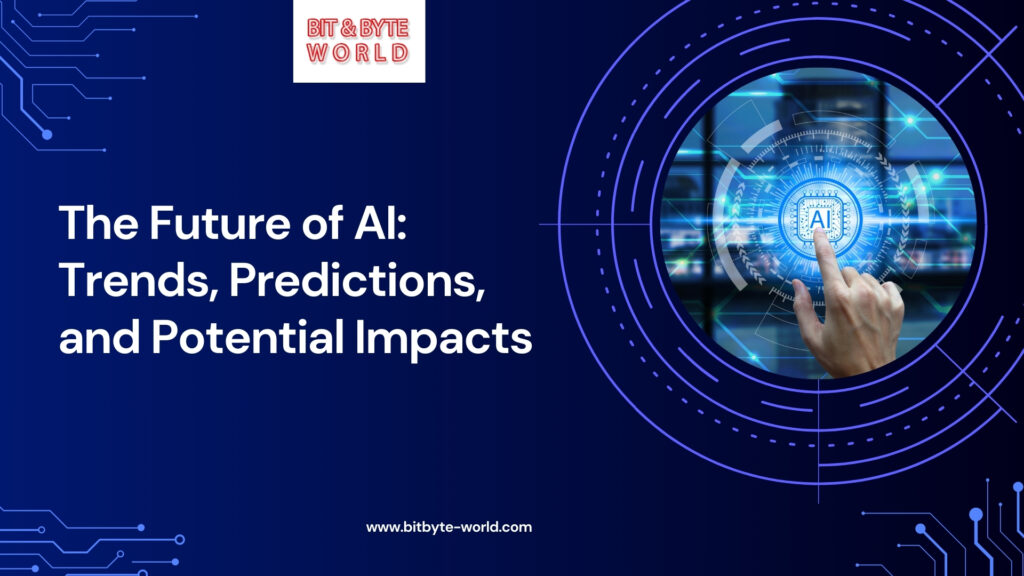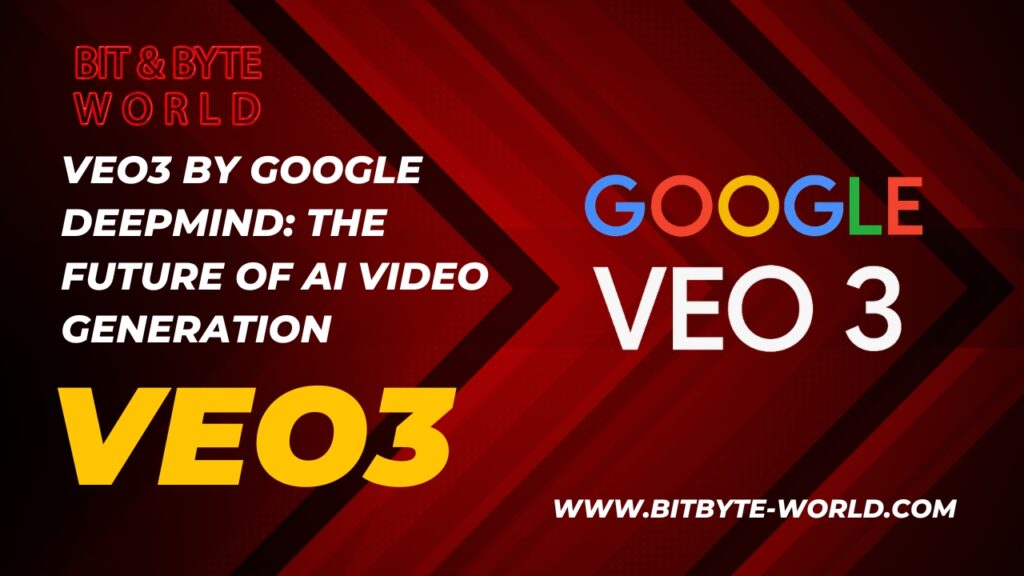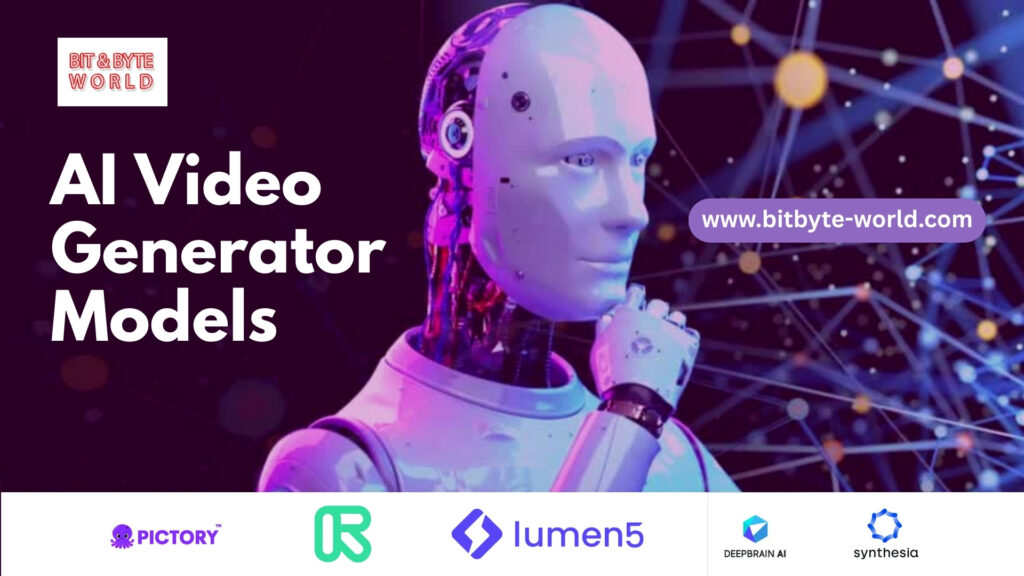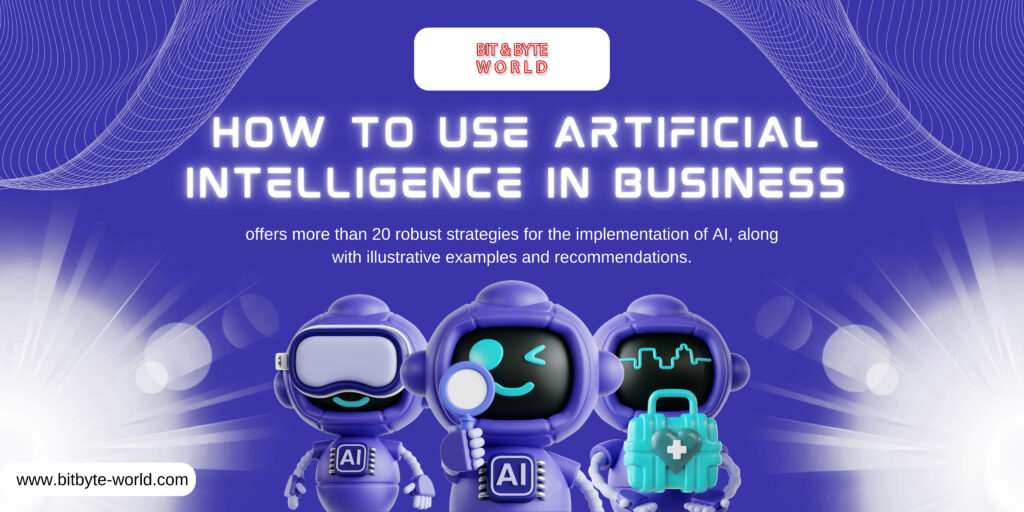
- The Rise of Generative AI
- Use Case of AI in Healthcare
- AI and the Workplace
- AI in Education
- The Ethics of Artificial Intelligence
- Cyber Security in an AI World
- Splitting into two: Business and Commercial AI Applications
- AI in Creativity and the Arts
- Smart Cities and AI in Transportation
- Environmental AI: Fighting Climate Change
- AI Technologies in the Judiciary
- AI Technologies in Emerging Economies
- A Shift Towards an AI-Centric World
- What to expect for AI and You in 2026?
AI (Artificial Intelligence) technology has changed dramatically over the years. It which was only a concept in Science Fiction back in the days, it has become an implementable notion in real life. By 2026, it is expected that the sector, besides shaping numerous worlds of human life, will be tops in the list of the most disruptive technologies.
The Rise of Generative AI
The part of AI, that basically gives machines the ability to generate written work, images, music, codes, etc has grown at an unusual rate.
2026 Predictions:
- AI writing tools will produce full-length novels, scripts, and academic papers with human-level quality.
- Real-time translation across video, voice, and text will make global communication seamless.
- Synthetic content creators will collaborate with humans in media, social platforms, and marketing
Case Study:
In the latter part of the year 2025, OpenAI witnessed GPT-6 launch, which became the center of media production, and it had been playing a very significant role to the extent the majority of media outlets relied on it as their sole supplier of content; this brought about a sharp reduction of costs without a corresponding decrease in quality, in short, creativity was left intact.
Use Case of AI in Healthcare
AI will change how diagnostics, patient care, and even drug services will be performed.
2026 Predictions:
- Surgeries in cities will be done using robotic arms.
- It will be possible to receive real-time data from wearables to detect conditions before symptoms may appear.
- Mental health chat bots will be able to hold conversations and track user’s behaviors adjusting them accordingly through LLMs.
Case in point:
AI-driven triage based on patients’ medical history and symptoms reduced ER waiting time by 45% in Sweden as part of a pilot program in 2025.
AI and the Workplace
Job automation is heavily being integrated into business, and with it, new and more innovative jobs hens are being introduced, radically changing the work environment.
In-Demand Positions of 2026:
- Prompt Engineer
- AI Interaction Designer
- Digital Human Psychologist
- Social Media Algorithm Bias Auditor
- AI Compliance Officer
Skills in Demand:
- Cross-disciplinary problem-solving.
- Understanding data ethics.
- Increased data analysis.
- Advanced critical thinking.
Stat: PwC say that 40% of businesses in the Middle East are planning to invest in workforce AI education programs.
AI in Education
The industry is shifting from a rote method of teaching to one that is tailored utilizing AI technologies.
Improvements by 2026:
- Cutting-edge adaptive methods for testing and grading
- Emotion adaptive frameworks for learning
- AI-guided career recommendation systems for learners
- AI-powered avatars of real educators in virtual classrooms
Teacher’s Statement:
AI is helping me as my co instructor learner,” Tokyo school principal shares. “It enables me to facilitate who is struggling early on.
The Ethics of Artificial Intelligence
The use of AI raises significant concerns regarding it’s power and authority, as well as rules, restrictions, and governance.
What’s New in 2026:
- Building frameworks for ethical AI is now compulsory for organizations in EU countries and UAE.
- Labels for AI-generated content must be marked for transparency.
- All tools used for recruitment and loan processing include bias reduction algorithms as a standard.
Expert Quote:
Once unleashed, unjust AI will wreak mayhem at unprecedented speed — we have no time to lose in dealing with this.” – Dr. Rana El Kaliouby, AI Ethicist
Cyber Security in an AI World
While AI serves as a guardian, it also brings new security risks.
2026 Predictions:
- Corporate and government networks monitored continuously with AI technology
- Dedicated AI DeepFake detection algorithms present at publishing houses and news agencies
- A.I driven adaptive malware that can outsmart standard firewalls
- AI-based systems that automatically identify fraudulent activities as they happen
Splitting into two: Business and Commercial AI Applications
AI technology is widely used in eCommerce, finance, supply chain services and human resources.
Business Case Benefits:
- Cost savings of 60% in customer services attributed to intelligent bots.
- Customer journeys are tailored based on predictive behavior analytics.
- Fraud detection is exceeding accuracy rates of 99%.
- Dynamic inventory forecasting and real-time price auctions.
AI in Creativity and the Arts
Many Artists were fearful of AI technology in the beginning. In 2026, the majority are working with AI.
What’s Changing:
- AI art is now sold in galleries with human and AI co-signatures.
- AI music generators create hit tunes based on user mood.
- Authors consider AI a “creativity booster” for structure, plots, and concepts.
- AI is used in scriptwriting and CGI rendering for films by production studios.
Smart Cities and AI in Transportation
2026 Features:
- AI traffic systems decreases city congestion by 30%.
- Automated buses and ride-sharing vehicles proliferate in city centers.
- Public safety is kept through predictive policing and crowd analytics powered with AI surveillance.
- Real-time optimization of waste and water management.
Environmental AI: Fighting Climate Change
AI is playing a key role in sustainability.
Green AI Applications:
- Predictive weather models for disaster management
- Smart agriculture using AI-based pest and crop prediction
- Carbon tracking for individuals and companies
- AI-assisted renewable energy grid balancing
AI Technologies in the Judiciary
AI is profoundly impacting law firms, legal research, and courts as early as 2026.
The most noteworthy changes include:
- An AI Legal Assistant for conducting background research on different cases
- Predictive judgment aids to assist attorneys in drafting appeals
- Automated appointment planners for court hearings
- Algorithms for risk contracting
AI Technologies in Emerging Economies
AI is not the sole domain of technology companies, but emerging economies are also transforming.
Transformational Innovations:
- AI in mobile banking and microfinance services
- Voice command AI applications for local languages
- AI in forecasting crop production
- AI driven surveillance for infectious diseases in underdeveloped regions
A Shift Towards an AI-Centric World
Now is the time to start if you are a student, a business executive, or even a government figure.
The following are actions that can be taken:
- Know how to operate AI programs like ChatGPT, Midjourney, or Claude.
- Monitor local AI regulations.
- Promote active community engagement focused on teaching ethical AI.
- Collaborate with AI developers in an informed manner.
- Advocate for inclusive educational materials and systems related to AI.
What to expect for AI and You in 2026?
Having Artificial Intelligence in 2026 is no longer a futuristic fantasy; it’s real and rapidly advancing. AI integrates into every aspect, including healthcare, education, business, and entertainment. But it goes beyond just tools. The reality that will come into existence depends on the decisions we make, our moral values, and how prepared we are.






Every time I visit your website, I’m greeted with thought-provoking content and impeccable writing. You truly have a gift for articulating complex ideas in a clear and engaging manner.
Thank you very much..
I just wanted to express my gratitude for the valuable insights you provide through your blog. Your expertise shines through in every word, and I’m grateful for the opportunity to learn from you.
Thank you so much for your kind words! I’m truly honored that you find value in the content I share. Knowing that it resonates with readers like you means a great deal to me. Your support and encouragement inspire me to keep writing and sharing insights. I’m grateful for the opportunity to connect and grow together—thank you again!
hoefputsdlidqdtrkrotdpjtyywgdi
Pingback: VEO3 by Google DeepMind: The Future of AI Video Generation. - bit&byte-world